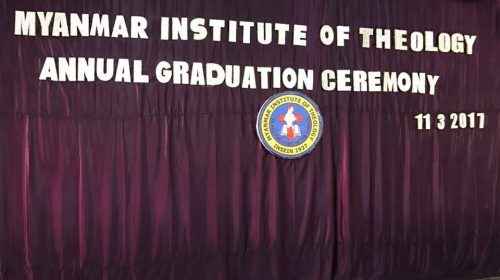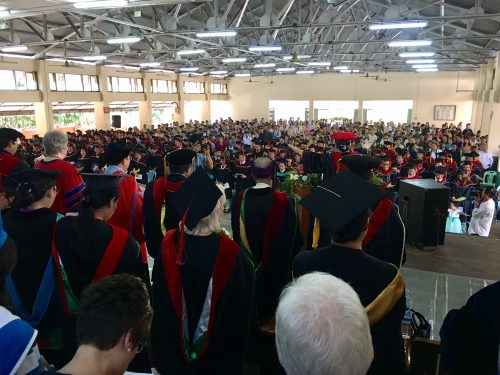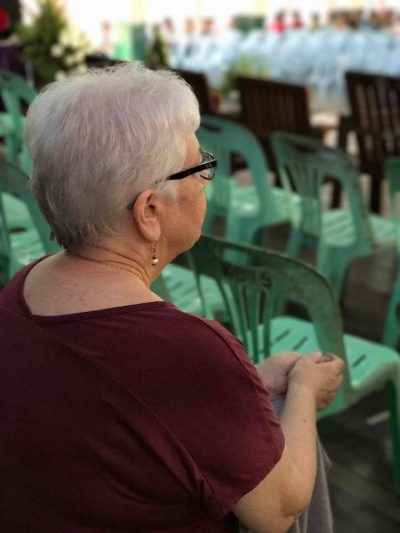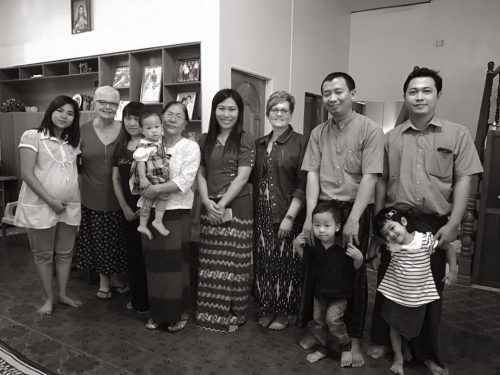Category: Reflections
East meets West
Like the mountains in Myanmar, language differences there often feel insurmountable. English is a third or fourth language for persons with a primary tribal language, a specific sub-tribal dialect, and the country’s Myanmar language. Yet, the desire to obtain education that will yield knowledge and skills needed in ministry propels Myanmar Institute of Theology students to climb those language mountains to study in English. They know it is a tough climb, and they sign on for it anyway.
For an American coming to MIT, the languages differences also seem huge. Though we are grateful we are not studying in another language, we do have a learning curve just in terms of getting to know and communicate with the students from some of the nine, different major tribal groups of Myanmar. Each tribe has naming traditions and practices that may differ from each other. The uninitiated can experience great confusion with knowing which of multiple names a student wishes to be called and how to pronounce those names, until, over time, we start to see patterns associated with Chin, Kachin, or Karen tribes. This can take quite a while, multiple visits and repeated contacts.
On my recent trip to MIT in March, I focused as much as possible on becoming more knowledgeable in this matter. At graduation on Saturday, March 11, Dean Eh Tar Gay called the names of each of the almost 200 graduates, and I listened as I followed the list in the program to conduct my own improvised language lesson. Later I learned that Sayama refers to a teacher, that Saw means Mr. and that names like Aung, Naw, and Tu denote position in the family in relation to other siblings, respectively eldest, second, or fourth child.
At several points, I asked Myanmar colleagues about the correct pronunciation of a student’s name and was told that they didn’t really know, as that person was from a different tribe. That took off some of the pressure to get it right, but it also highlighted for me the complexity that Myanmar people live with regularly. They experience daily the effects of so many ways of being and doing life.
In quiet conversations, Myanmar friends reflected that with so many tribal identities, even people of good will are often not respectful and patient with each other, that it is too easy to be judgmental and intolerant of others’ ways, to find it too much trouble to ask the questions to help one understand a different perspective. Having moved from oppression to the beginnings of a more open society, citizens of Myanmar have reason for hope, but everything takes patience and hard work.
To this westerner’s eyes, the Myanmar Christians are like a grove of bamboo: multiplying, impervious to difficult conditions, and reaching ever higher. Amid the swirl of many different ethnicities, languages, and customs, our hosts at MIT always receive us, their American guests, with grace, gratitude, and gifts. I am grateful for their friendship.
Sheryl Stewart
Language Improvement Coordinator



